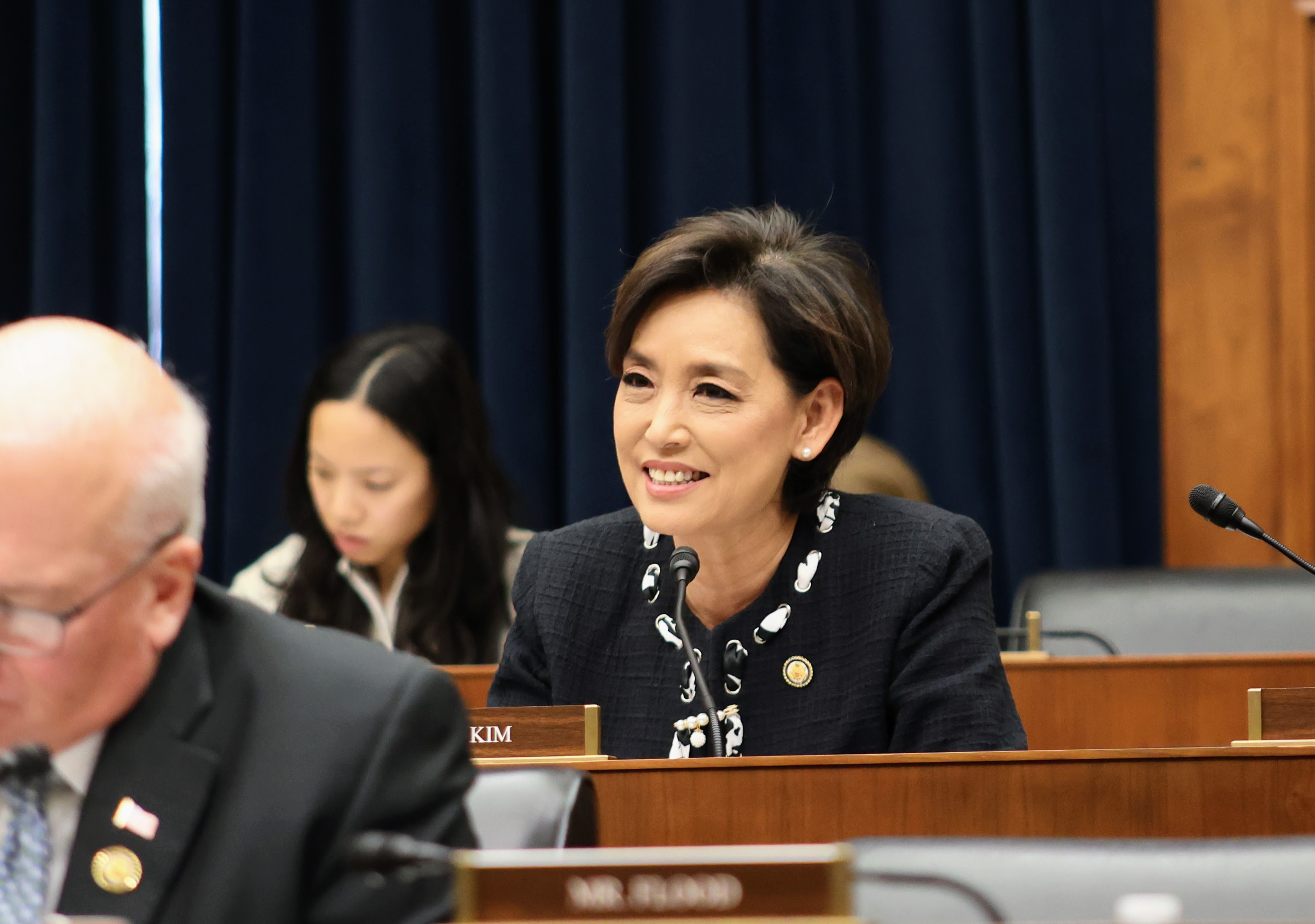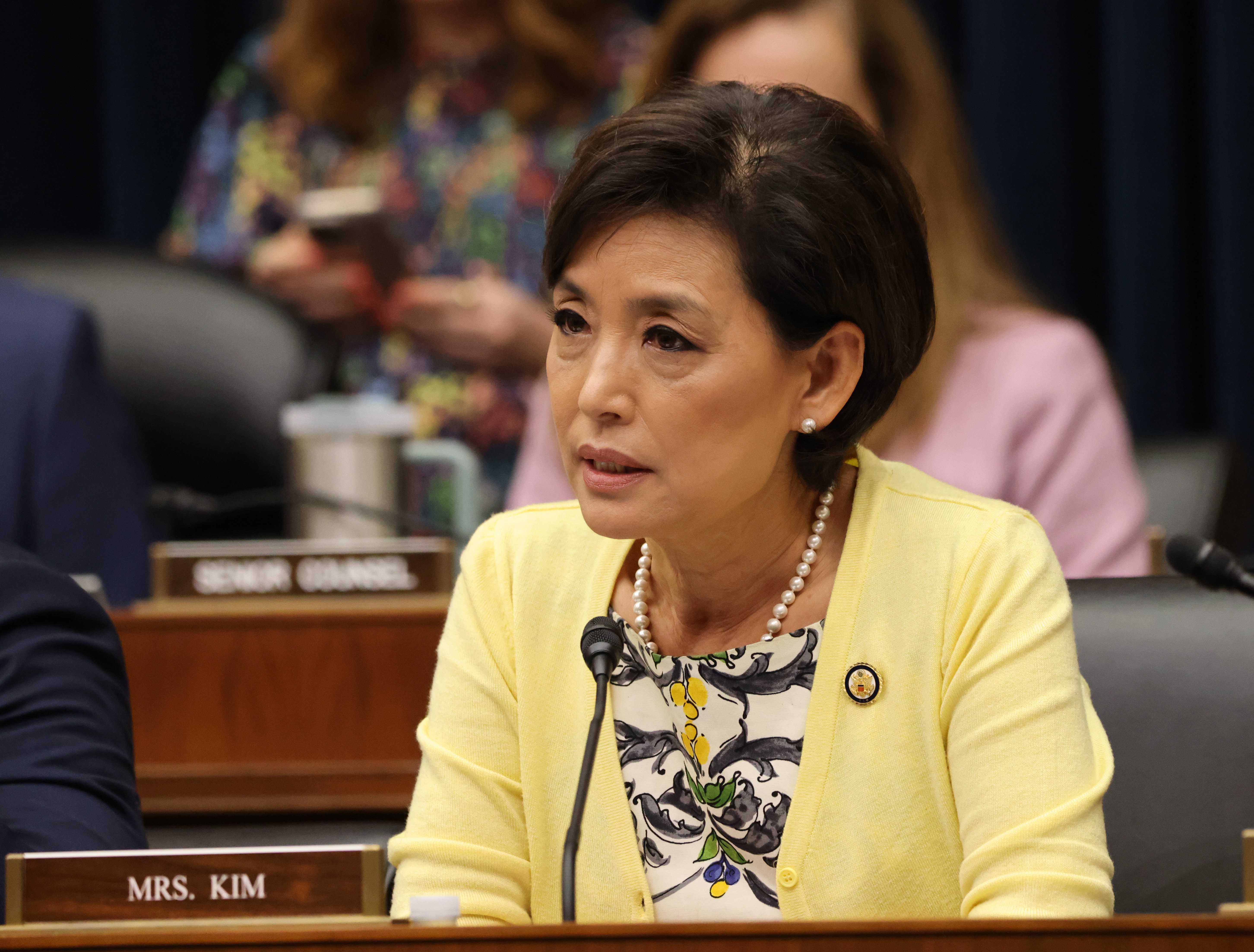The United States on Wednesday reaffirmed its “ironclad” commitment to its alliance with the Philippines as the two countries mark the 72nd anniversary of their Mutual Defense Treaty (MDT) that binds the two allies to come to each other’s aid from aggression.
“The United States stands firm in our ironclad commitment to our alliance and partnership with the Philippines as we face new and continuing challenges,” US Ambassador MaryKay Carlson said in a statement.
A visiting bipartisan US congressional delegation last week strongly condemned China’s “lawlessness” and increasing aggression, including a recent water cannon attack on a Philippine re-supply mission, in the West Philippine Sea, and vowed to stand by its 1951 MDT commitments if Filipinos come under armed attack in the disputed waters.
The four-member American delegation, including the chairperson of the House subcommittee on the Indo-Pacific and members of the foreign relations committee, also vowed to support an increase in security financing for the Philippines, which they said have received a “lion’s share” of American security assistance in the Indo-Pacific region.
The American legislators separately met with Defense Secretary Gilberto Teodoro Jr., Foreign Affairs Secretary Enrique Manalo, and top Philippine Coast Guard officials.
They granted an interview with GMA News Online and another Philippine news outlet after the talks, which they said focused on growing alarm over China’s aggression in the South China Sea and elsewhere and the urgency of further cementing the US-Philippine treaty alliance with other security partners.
“We are here to show that we are going to meet strength with strength and it is imperative that our defense alliance is strong to combat the growing PRC (People’s Republic of China) pressure,” California Rep. Young Kim (R), chairperson of the Indo-Pacific subcommittee said.
“We are rallying our allies in the Indo-Pacific in that you know combatting the increasing aggression from China,” she said.
“The new EDCA projects are first step and we hope to increase our joint patrols in particular which we have already seen,” she added.
President Ferdinand “Bongbong” Marcos Jr. approved in February four more military sites under the 2014 Enhanced Defense Cooperation Agreement (EDCA) where US troops can indefinitely station with their aircraft and other defense equipment, bringing to nine the number of EDCA sites across the country.
China has opposed American military access to the EDCA sites, saying it will provide US troops staging grounds to contain it and intervene in the Taiwan Strait and South China Sea disputes.
The US was among several Western and Asian countries that strongly condemned a water cannon attack by the Chinese coast guard against a Philippine supply boat near the Ayungin shoal, internationally known as Second Thomas Shoal, on Aug. 5.
“Let me be clear, they are engaging in lawlessness, we stand united and I’m sure my colleagues will agree in denouncing, absolutely denouncing the actions that China has taken,” Texas Rep. Jasmine Crockett (D) said.
“It is almost impossible to understand we can function in the world when you have countries that just decide that the only rules that they’re going to play by are their own rules that they make up,” Crockett added.
She said there is bipartisan unity in the US House and Senate “against the aggressiveness not only here but the aggressiveness that we see with the PRC throughout the world right now.”
Asked if the US Congress would support potential American military actions under the MDT to help defend the Philippines in case its forces come under an armed attack, Illinois Rep. Jonathan Jackson (D) said:
“We stand in full support to honor our commitment to stand by your sovereignty and security.”
“Congress will stand united in supporting that, yes, and that includes attacks on Philippine vessels,” Young said.
US Secretary of State Antony Blinken has repeatedly stressed Washington’s commitment to stand by the Philippines against aggression and warned China that an attack on Philippine military in the South China Sea would trigger the MDT.
Under the US Constitution, the US President as Commander-in-Chief may commit US armed forces into action overseas, but obliged to notify the US Congress within 48 hours of such action, as provided for under the US War Powers Resolution of 1973.
The same resolution requires that such commitment of US armed forces could not go beyond 60 days, with a further 30-day withdrawal period, without US congressional authorization. This means that a US congressional authorization is needed only if the engagement of US armed forces abroad would go beyond 60 days.
“The MDT in my mind is very clear. If there is an armed attack against a Philippine asset then we are treaty-bound to support that, the Philippines,” said Kentucky Rep.Andy Barr (R). —KBK, GMA Integrated News



